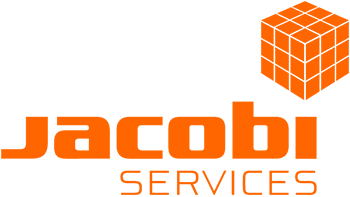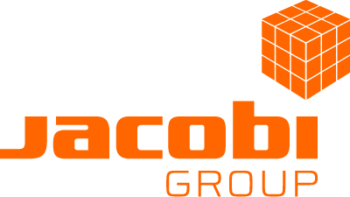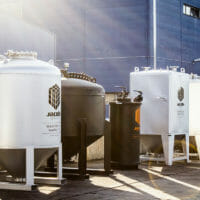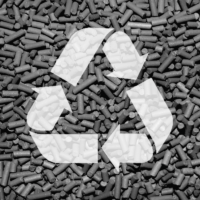Biogas is produced by the digestion of organic matter in landfills and anaerobic digesters. Hydrogen sulphide (H₂S) is formed during the anaerobic digestion of sulphur-containing molecules, such as sulphur-containing amino acids within proteins.
Hydrogen sulphide (H₂S) needs to be removed before the combustion engine, because there it is converted to SO₂/SO₃ and results in:
- Higher maintenance cost due to corrosion
- A negative effect on the engine oil, meaning it needs to be changed more frequently.
- A contribution to the SO₂/SO₃ emissions of the engine exhaust.
Hydrogen sulphide (H₂S) concentrations can also be too high for feeding to the supply grid. In general, a biomethane quality of >99% methane needs to be achieved to be able to feed to the grid.
HYDROGEN SULPHIDE (H₂S) REMOVAL FROM BIOGAS: MOBILE FILTER
EcoFlow™
Hydrogen sulphide (H₂S) removal filters from Jacobi’s EcoFlow™ mobile filter range are usually installed before the water condenser in the biogas purification process.
Jacobi has a full range of mobile filters for flow rates between 75 and 4,000 m³/h biogas per filter. Our wide range of rental EcoFlow™ filters are offered via local sales offices, avoiding international transport.
HYDROGEN SULPHIDE (H₂S) REMOVAL FROM BIOGAS: SOLUTIONS
Auxiliary equipment and additional services
In addition to mobile filters and different media, Jacobi Services also offers various items of auxiliary equipment and additional services for hydrogen sulphide (H₂S) removal from biogas, including:
- Selection of the type and number of EcoFlow™ filters. The selection depends on the flowrate and the estimated annual activated carbon consumption.
- A series of removable insulation jackets to prevent condensation of water and to keep the relative humidity within an acceptable range for EcoFlow™ mobile filters.
- The capabilities of the Jacobi France laboratory for externally accredited self-ignition testing of virgin or spent activated carbon.
Activated carbon
The AddSorb™ VA6 range of impregnated activated carbons are advised for hydrogen sulphide (H₂S) removal from biogas. It is not recommended to mix the product with a siloxane removal product because it is difficult or impossible to establish the volume ratios that are needed.
GET IN TOUCH
Fill out the short form below and or team will be in touch.





